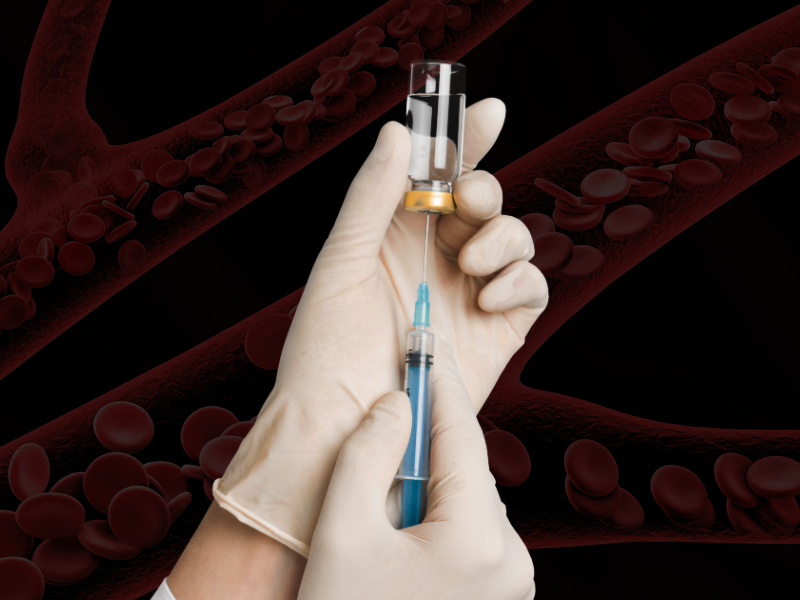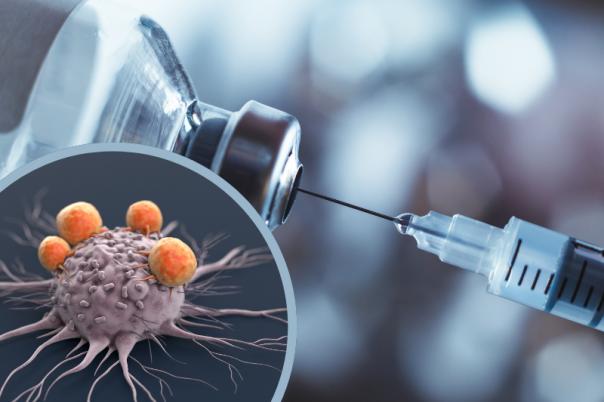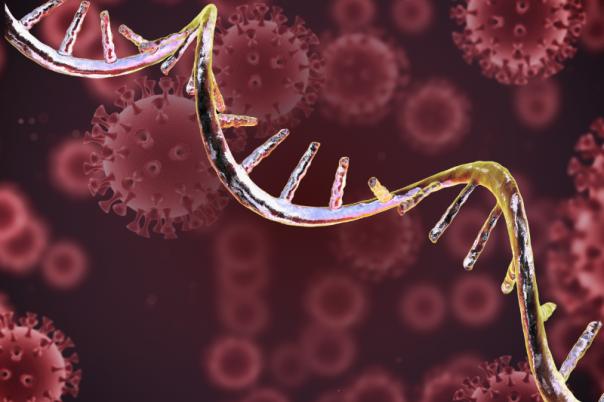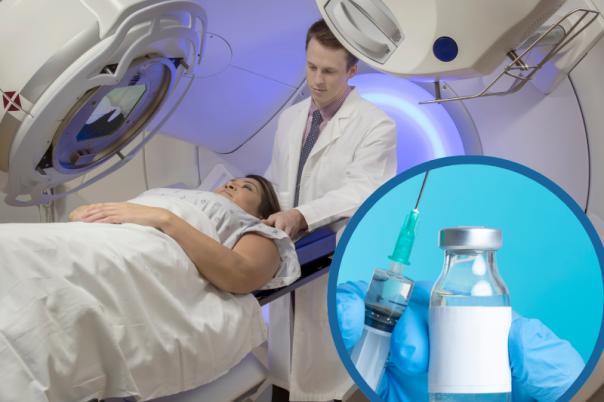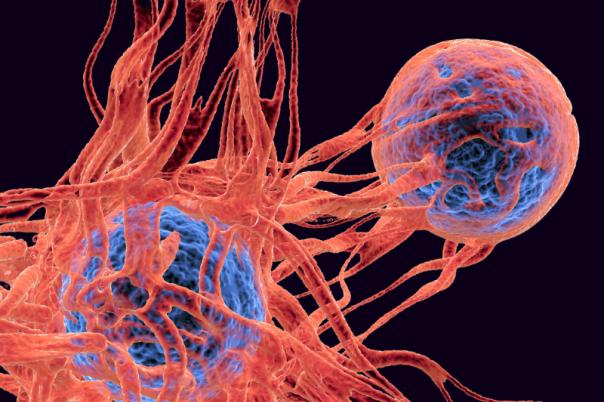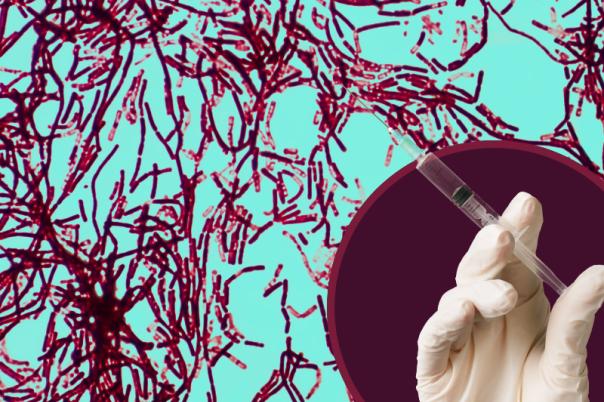A paper published in the journal Blood has outlined the development of a cancer vaccine for multiple myeloma. The mRNA-based vaccine was able to induce a BCMA-specific immune response.
Researchers at Harvard University Medical School’s Dana Farber Cancer Institute took the core technology behind the COVID-19 vaccines (lipid nanoparticles containing messenger RNA) used during the pandemic and applied it to multiple myeloma.
Kenneth C. Anderson, Director of the Jerome Lipper Multiple Myeloma Center at Dana-Farber Cancer Institute, and corresponding author on the paper said: “The COVID-19 mRNA vaccines validated the efficacy of mRNA vaccine technology, our and others work now is extending this modality more broadly into cancer.”
The preclinical cancer vaccine targets B cell maturation antigen (BCMA), a protein which is selectively expressed on cancerous plasma cells, particularly in multiple myeloma.
How it works
Lipid nanoparticles containing the BCMA-mRNA were internalised by dendritic cells, this triggered the proliferation and activation of BCMA-specific CD8+ T cells. These T cells were then able to effectively seek out multiple myeloma cells which expressed the BCMA protein.
The researchers vaccinated humanised mouse models to study the effects of their therapy. As expected, they found that the BCMA-mRNA LNPs were able to activate BCMA-specific T cells which selectively killed the tumorous cells. Furthermore, they found that the vaccine was able to slow tumour growth in mice.
Applications
There are several applications of this technology to enhance patient outcomes. Anderson explained: “In myeloma, this vaccine could be used by itself to generate anti-tumor immunity, or it could be used to enhance memory immune response and response duration when used before and/or after bispecific T cell or CAR T cell therapy.”
He continued: “In precursor disease smouldering multiple myeloma, it could be used to delay or someday prevent progression to active myeloma.”
What’s next?
The paper says that the experimental results could form the basis for further testing in the clinic.
“After scale up for clinical application, safety and efficacy in generating a BCMA-specific immune response will be assessed in a phase I trial in patients with relapsed refractory myeloma,” said Anderson.
